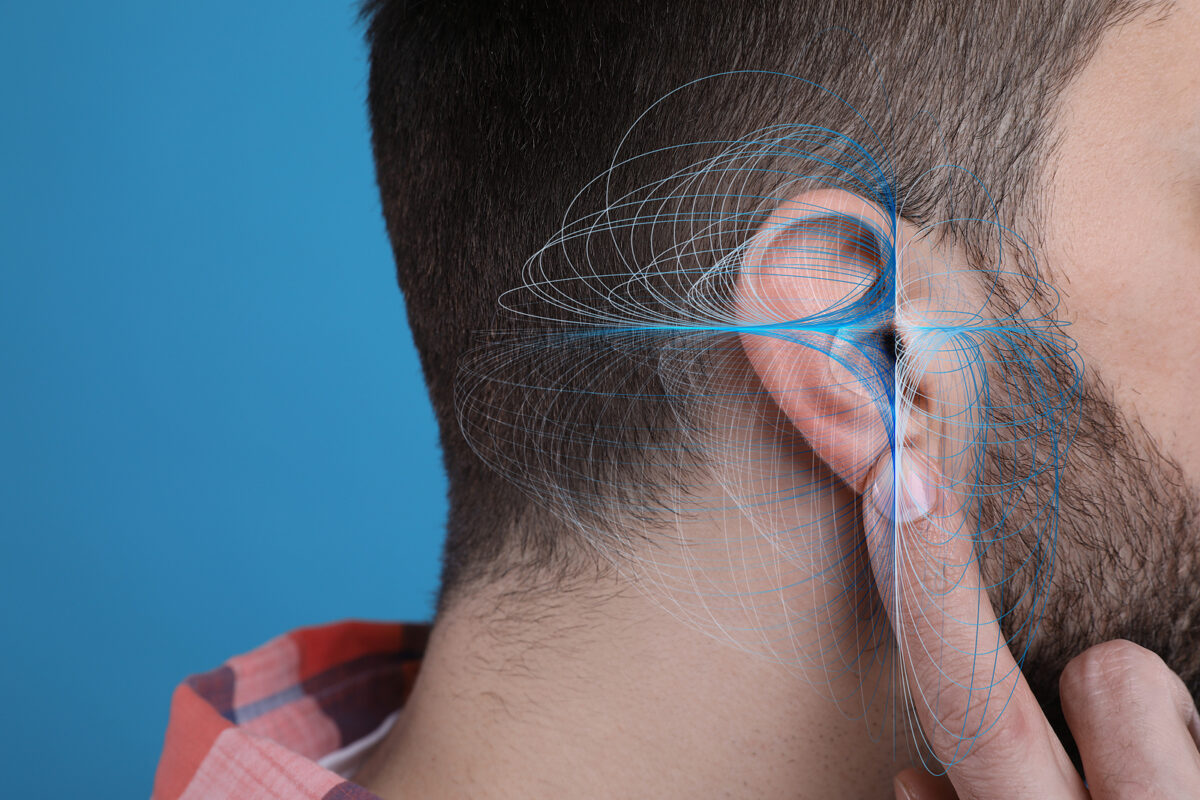Our ears help us hear the world around us, but many are surprised to discover they are responsible for more than that. Aside from the auditory system, is the vestibular system which informs our brain of our heads position and helps to keep us balanced.
The Body’s Balance System
We walk through the world for years, rarely giving second thought as to what keeps us upright. It’s often not until we have an issue with our balance that we start to think of how it works. It’s a collaboration between our entire body and it’s truly amazing how it works! Your brain is at the center of this, receiving messages of our body’s position from our ears, muscles, joints, skin and inner ear.
All this communication compounds in the cerebellum—a small portion of the brain located at the back of the head where the head meets the spine. The cerebellum synthesizes received information concerning the body’s position from the inner ear, eyes, muscles and joints and then sends messages to the muscles to make posture adjustments in order to keep the body upright as well as functioning as a center for muscle timing as communicated by the brain.
Similarities of the Vestibular System and Auditory System
The main part of the vestibular system lies next to the inner ear and consists of interconnected compartments called the vestibular labyrinth made up of the semicircular canals and the otolith organs. This labyrinth is filled with fluid similar to that found in the cochlea of the inner ear and contains receptors for vestibular sensations. These receptors are responsible for sending information about the position of the head based on the movement of the fluid and sends it to the cerebellum. The auditory system also relies on tiny hair-like cells in fluid to send sound directly to the brain where it is processed and interpreted.
Vestibular Disorders
When everything is in working order, we rarely consider the vestibular system at all. Many of us may not even know it’s there. However, when it isn’t working right, it’s near impossible to ignore it. If you’ve ever spun as a kid and felt dizziness or have been on a boat experiencing sea sickness, this is directly connected to an effect on the vestibular system. When not working correctly it can be impossible to stand or walk without falling over. If a disease or injury damages this system, it can cause a vestibular disorder leading to persistent dizziness. Common vestibular systems include:
Benign paroxysmal positional vertigo (BPPV): this very common cause of positional vertigo, occurs when tiny calcium crystals in one part of your ear move into an area where they shouldn’t be. The utricle of the vestibular system contains calcium crystals (canaliths) that help it detect movement. In the case that these crystals detach from the utricle, they can end up inside the semicircular canals, sending incorrect signals to your brain about your head position and causing your inner ear to miscommunicate with the brain about movements you are not actually engaged in. BPPV can be treated non-invasively through a series of head movements your doctor or a physical therapist can guide you through which helps the dislodged crystals to return to where they belong.
Labyrinthitis: Also known as an inner ear infection, this occurs when the labyrinth gets inflamed and swollen—often caused by bacteria getting lodged in the ear due to a cold, virus, or flu. This not only can cause pain and swelling but can affect hearing and balance. Most often addressed with an antibiotic, in extreme cases your physician may recommend steroids to reduce swelling, helping to return hearing and balance issues.
Vestibular neuritis: while chicken pox and measles are now rare due to discoveries in vaccinations, vestibular neuritis is a viral infection which affects the nerve that sends sound and balance information from your inner ear to your brain causing sudden dizziness along with nausea, vomiting, and trouble walking in a strait line.
Consult an Audiologist
If you experience sudden dizziness, vertigo, nausea and more we are here to help. It may be connected to an issue in the inner ear. We recommend checking your hearing along with the vestibular system as both systems affect one another. Schedule a consultation and exam with us today.

